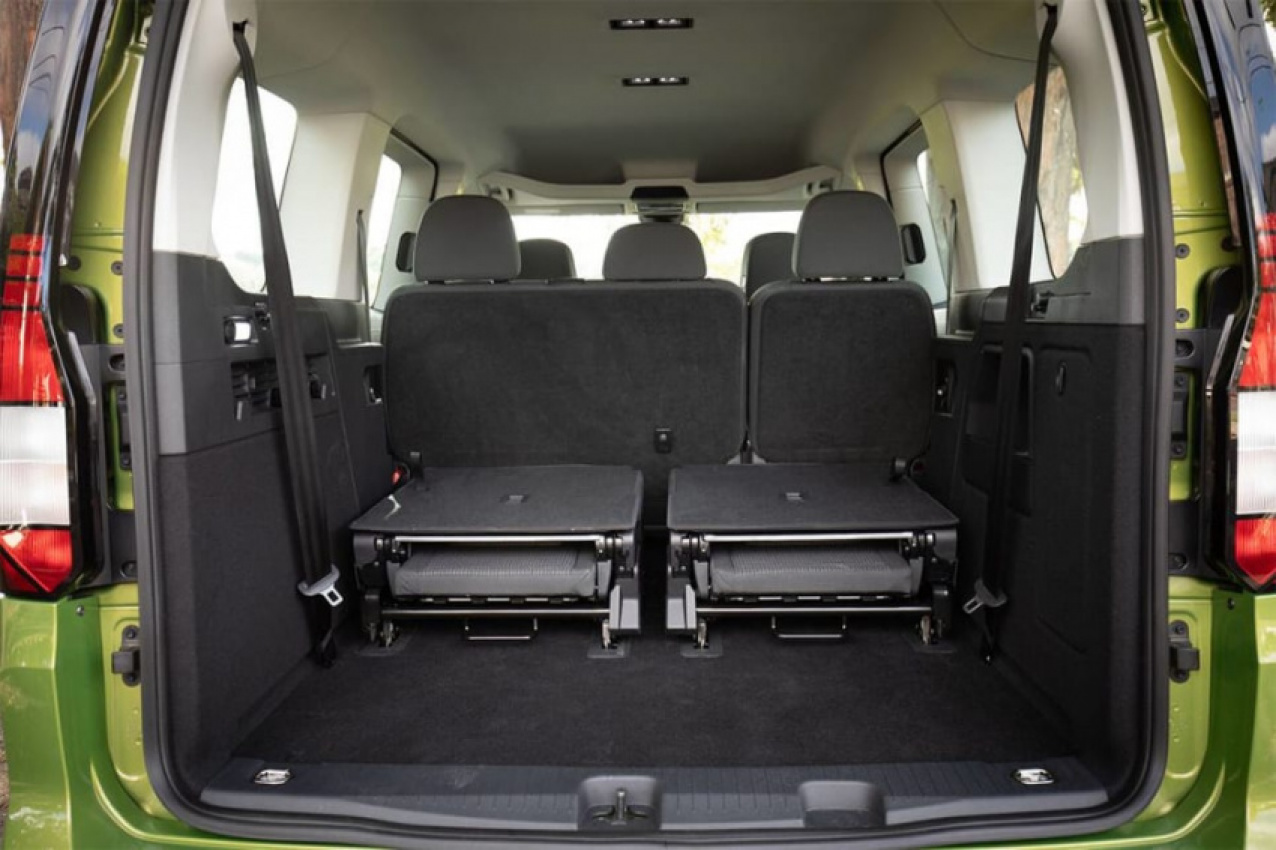

- #Dim digital image mover how to
- #Dim digital image mover full
- #Dim digital image mover software
- #Dim digital image mover professional
#Dim digital image mover professional
If you’re using your phone or tablet, for Juxtaposer is a great option to create composite images on the go, albeit somewhat less polished than what can be accomplished on a desktop with professional grade editing suites, like Adobe Photoshop or Corel DRAW.

#Dim digital image mover how to
Related: How To Start A Photography Business Tips while you edit In some cases, a tripod will prove to be both helpful and necessary, but you can find the attachment for your phone for under ten bucks. You don’t need to own incredibly expensive camera equipment, and you can shoot the pictures you will use for composites with your smartphone.
#Dim digital image mover full
For example, using multiple takes from a scene with an ocean full of high, fast moving waves may prove to be more difficult to keep consistent than a long, flat desert. Some locations will make it much easier to cut out elements, or blend elements. It becomes a complicated process to try to “cut out” your subject matter if there is a busy, or low contrast background.
#Dim digital image mover software
This is rendered significantly less complicated thanks to the advent of digital photography, digital editing, and an ever expanding set of features and tools available with modern software and apps. Digital composite images are like a collage.Ī composite combines two (or more) photographs to create one - rather convincing - final image. Consider the difference between adding additional Koi fish to make a pond look more lush and vibrant, vs making a woman’s chestnut hair transform into tree branches above her head. In some cases, the best composite images will LOOK real, while others will look intentionally surreal. Judging a “good” or well done composite image depends on a lot of criteria. One of the first (and classic) things most people try when they get their mitts on some design software as a kid is swapping heads on a family portrait, right? In fact, you probably have already dabbled in CREATING composite images yourself.


 0 kommentar(er)
0 kommentar(er)
